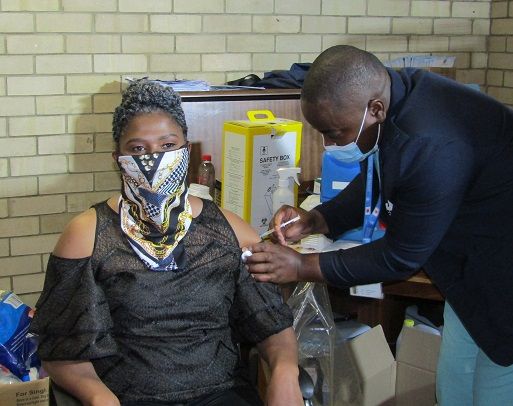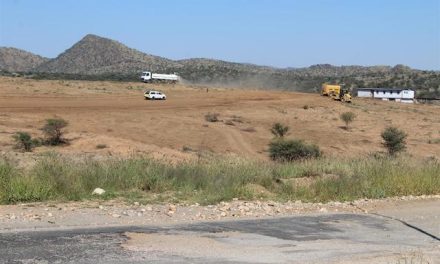
Namibia likely to achieve herd immunity only by May 2024 at current pace – report

Namibia will likely reach its desired 60% herd immunity target by end of May 2024 if the country continues vaccinating citizens against COVID 19 at the current pace, a new report by Simonis Storm Security suggests.
This means the country will likely have social restrictions in place for the foreseeable future if cases spike each winter until 2024 and economic recovery will be delayed and additional lives will be lost.
“The government has already implemented further restrictions on the 17 and 30 June 2021. However, additional restrictions, which will weigh on the economic recovery, might be considered going forward in order to flatten the acceleration in the curve or to curb new variants from making their way into Namibia (such as the Delta variant),” the report stated.
The Delta variant (first identified in India) is reported to have been detected in 85 countries worldwide. The World Health Organization (WHO) has warned that the Delta variant is ‘the fastest and fittest Coronavirus strain yet’ and will be detrimental to those most vulnerable, especially in communities with low Covid-19 vaccination rates, such as Namibia.
While no Delta variant cases have been confirmed in Namibia yet, the report further states, this remains a considerable risk to the country’s already overburdened healthcare system, should the variant become widespread.
Namibia’s vaccination campaign started in March this year and has thus far only fully covered (two doses) about 0.9% of the total population, with about only 5% of the population having received at least one dose thus far.
“Based on funding that the government has received from international institutions, government will have to exercise fiscal prudence and wise allocation of funds in order to achieve positive economic outcomes in the long run. The objectives set out in the Economic Stimulus and Relief Package are too aggressive given the funding at government’s disposal. Government will need to maintain a balance between spending funds on economic reform and securing additional vaccines. Achieving both is very ambitious,” the report stated.
The report further sees the restrictive amendments made by President Hage Geingob on 30 June as negative for various sectors in the economy as it reduces the likelihood of seeing a positive third quarter GDP outcome.
“We argue that these rules might not have been necessary with adequate preparation and if the public adhered to COVID-19 protocols when winter commenced. A lot has been said of what could have been done to mitigate the third wave,” the report noted.
“Given where we are now, we need to learn from past errors and be proactive going forward. Government should not shy away from allowing the private sector to engage on an operational level in combating this health crisis,” the report concluded.
 The country’s first lady Madam Monica Geingos recently getting her first COVID-19 vaccination Jab (photograph by Musa Carter)
The country’s first lady Madam Monica Geingos recently getting her first COVID-19 vaccination Jab (photograph by Musa Carter)












































